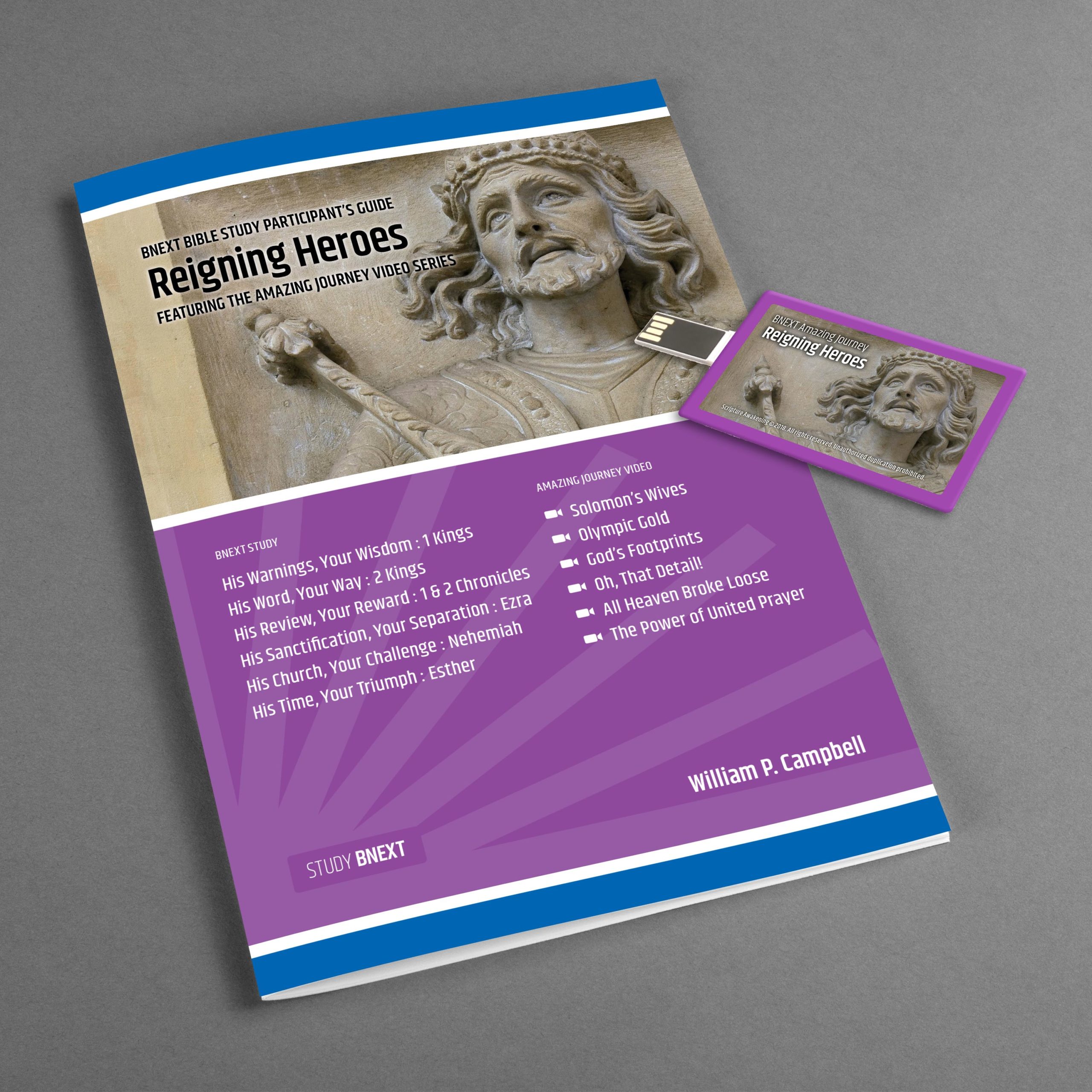Description
Solomon started well, but his wives caused his heart to be split between God’s priorities and the world’s passions. God then tore the kingdom from Solomon and divided it into the kingdoms of Israel and Judah. The renowned wisdom of king Solomon soured into foolish actions. He let go of discernment and embraced materialism, sensualism, and syncretism to his own harm, with tragic results. Solomon’s downfall reminds us to guard our hearts and to pray, “Lord give me an undivided heart.” After the kingdom was divided, the northern kings all did evil in God’s sight. But eight southern kings in Judah, from Asa to Josiah, did right. In this lesson, we focus on Josiah who walked as did David, with an undivided heart. He pressed on for God with the focus of an Olympiad. We too have a race to run. Are you and I running with perseverance or passivity? The book of 2 Kings provides key principles to help us run well, for the glory of God. 1 & 2 Chronicles is full of names, genealogies, and rehashed history of David, Solomon, and the kings. What’s the point? Well, it’s Scripture. All of it is God-breathed! These books provide historical sources, peoples, times, places, writings and events that can be verified via archeology. It is as though God left us footprints in time upon which our faith can rest. Praise God for those who chronicled His story to be remembered, researched, and reviewed. Ezra, a scribe, carefully studied and transcribed the law of God. His writings have been examined, compared, and proven. In this lesson, we will notice the marvelous connections and verifications we can see related to times, peoples, and events recorded in great detail in God’s Word. More than that, Ezra offers insights for us that may cause us to think, “He got it right.” We will consider the right timing, the right Person, and the right Word. Nehemiah may well be the greatest book ever written on spiritual leadership. He appears on the scene to build walls and to build up the people. Based on his consecration to God, Nehemiah inspires and unites the people in a daunting task. First, they must repair their outside problem: the city had no protection. He then helps the people to repair their inside problem: calling on them to rend their hearts, strengthen their faith, and obey the living God. Though Esther makes no mention of God and offers no description of prayer, the book of Esther is one of the most stunning examples in the Bible of the sovereign move of God to answer the united prayers of His people. This lesson compares and contrasts the peril Esther faced to approach her king on his throne with that of the Christian who is invited to freely approach the throne of the King of Kings. Time and again, we see in history how dire crises can motivate God’s people to humble themselves and cry out to God in united prayer. Esther puts a golden frame around such historic patterns.





